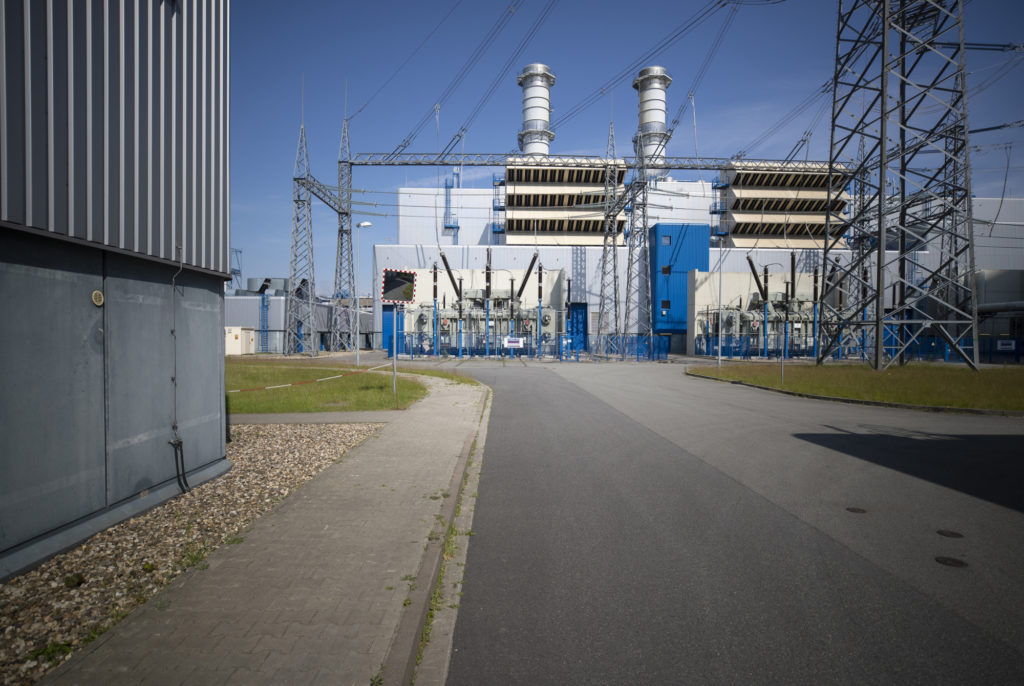
German utility RWE AG expects that one way or another natural gas and electricity will continue to flow across the English channel even if Britain crashes out of the club with no deal in March.
The utility, which trades both gas and power between the U.K. and the continent, has been running war-game crisis scenarios for about six months, said Andree Stracke, chief commercial officer at the company’s trading unit in Essen. While specialists in its regulatory affairs department think the company will have to rely more on its U.K. offices, they don’t expect flows of gas to stop, he said.
“In this field, when push comes to shove, on security of supply, gas will flow and power will flow in both directions,” Stracke said.
Companies across industries that are trading in both Britain and the EU are making preparations as the no-deal scenario grows stronger by the day. Car makers including Volkswagen AG, Ford Motor Co. and General Motors Co. are buying up warehouse space at U.K. ports. Some banks currently running their EU businesses from London are shifting assets to remaining member states amid concerns U.K.-based lenders will lose their pan-EU banking licenses.
U.K. Prime Minister Theresa May on Thursday said the U.K. will have to prepare for a no-deal Brexit on March 29 if she loses a parliamentary vote on her deal with the EU next month. Questions remain as to how gas and electricity flows will be regulated when the U.K. leaves the present EU single market framework.
“We can use different jurisdictions and we can flip from one to the other,” Stracke said, noting the company has two offices in Britain, including one in London. “I see it is an advantage for RWE being on both sides of the channel,” while it could be more problematic for smaller traders only present in the U.K., he said.